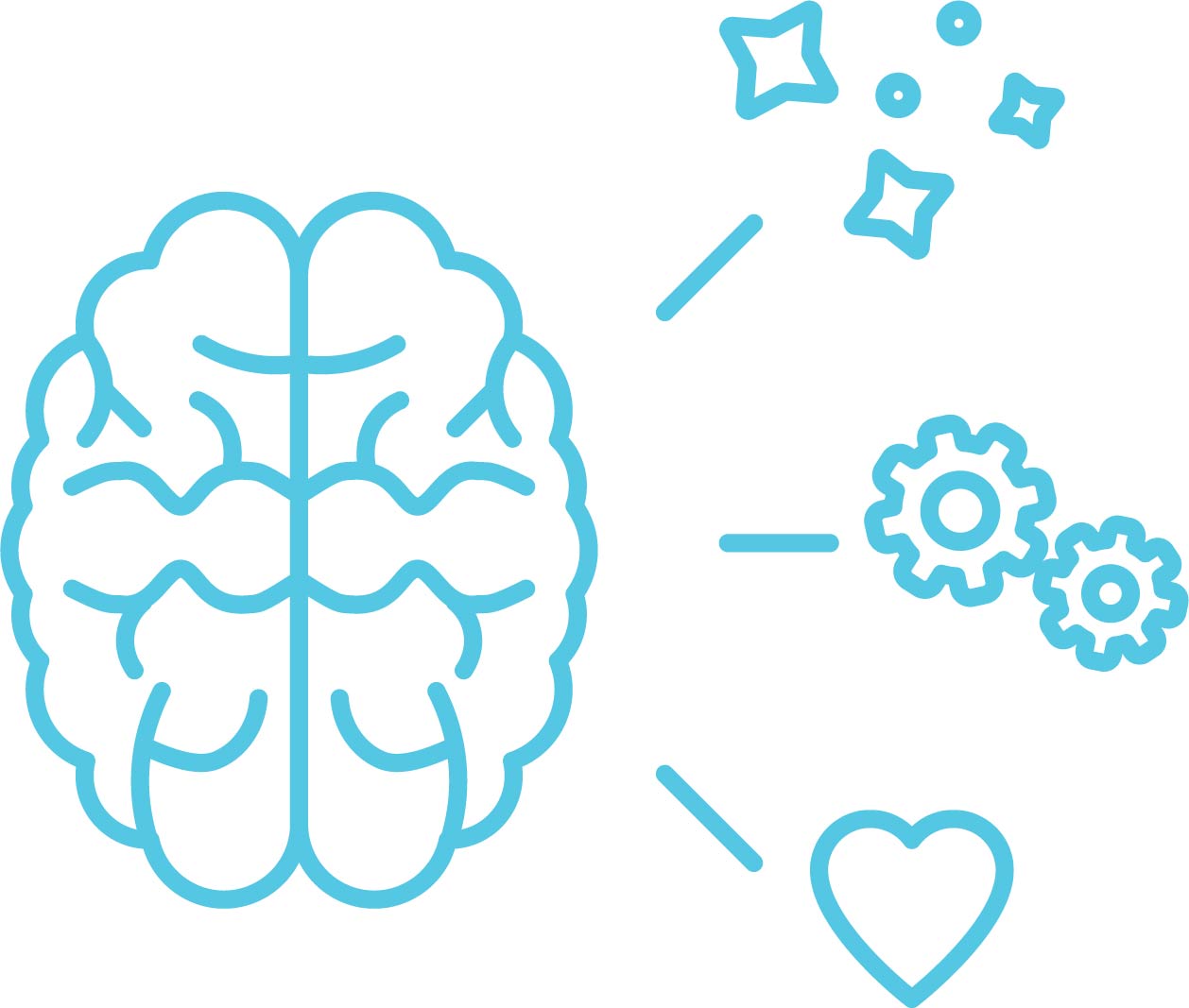Cognitive health forms a crucial part of overall wellness, but it often gets overlooked. Aging may bring about declines in memory, concentration, and other cognitive functions, affecting our quality of life and daily performance. Thankfully, natural ways, like the use of nootropics, can support cognitive health. This blog post examines the significance of cognitive health and how nootropics can enhance it.
What is Cognitive Health?
Cognitive health is integral to overall wellness, encompassing memory, attention, and executive functions. Maintaining it ensures effective daily operation and long-term mental fitness.

Common Cognitive Health Concerns
Common cognitive health issues can surface as we age, like forgetfulness, mental fog, and concentration difficulty, negatively impacting daily life and overall wellbeing. Recognizing these is the first step in proactive cognitive health management.

The Role of Nootropics in Supporting Cognitive Health
Nootropics, substances that may improve cognitive function, can play a vital role in cognitive health. Different types, such as choline sources, racetams, and adaptogens, offer specific cognitive benefits. Ingredients like Bacopa monnieri, Lion’s Mane mushroom, and Ashwagandha have been scientifically studied for their cognitive advantages. Please note that the results can vary among individuals, and it is essential to choose products based on individual needs and safety profiles.

Lifestyle Habits that Support Cognitive Health
Supporting cognitive health extends beyond nootropics to encompass healthy lifestyle habits like regular exercise, a balanced diet, and good sleep hygiene. Nootropics can complement these lifestyle habits and provide additional support.
Cognitive health forms a pivotal part of overall wellness and is too important to overlook. Through an understanding of nootropics’ role in cognitive function support, we can adopt a proactive approach to cognitive health, improving our quality of life. Together, nootropics and healthy lifestyle habits allow us to bolster our cognitive health and realize our full potential.

Disclaimer: This blog post is intended for informational purposes only and is not a substitute for professional medical advice, diagnosis, or treatment. Always seek the advice of your healthcare provider with any questions you may have regarding a medical condition.

